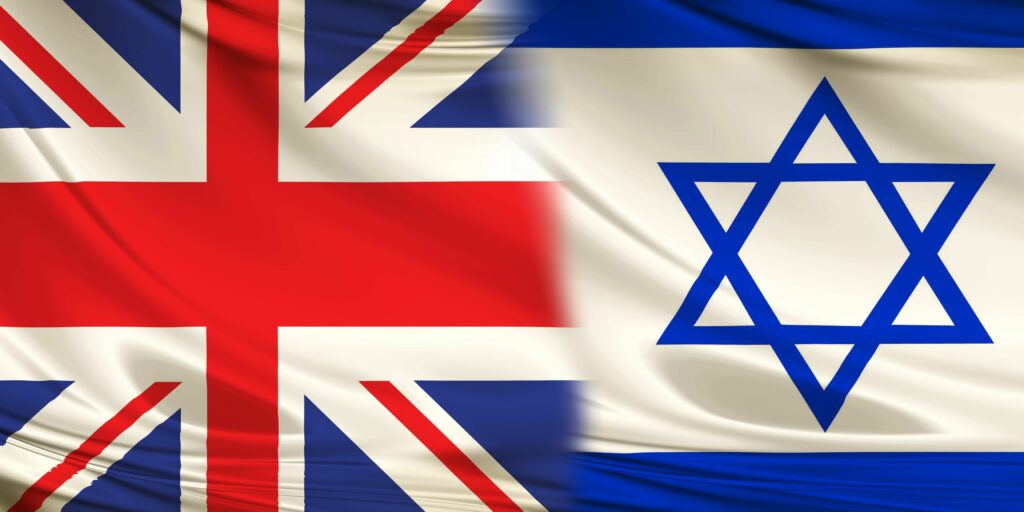The government responded last week to a petition posted in the aftermath of Operation Cast Lead on the official Web site of the Prime Minister’s Office. The petition, initiated by a man named Yusuf Ibrahim, was signed by over 38,000 people.
Anyone can post petitions on the Prime Minister’s Office site, and the government will respond to those that get more than 500 signatures.
The petitioners asked the prime minister “to do everything in his power to impose an arms embargo on Israel in light of the recent Israeli offensive in the Gaza Strip and to apply pressure on countries supplying Israel with arms that breach international agreements with the intention of restoring lasting peace to the region,” the petition read.
It claimed Israel was responsible for exacerbating tensions in the region.
“Only a complete arms embargo will send a clear message to Israel that this government will not accept the prolonged armed conflict which is aggravating existing tensions in the region.”
The petition also stated that an embargo would show that Britain was committed to establishing peace in the region and “will have a far reaching impact in terms of marginalizing the ideologies of radical extremist groups.”
In its response last week, the government said it did not believe an embargo would benefit the region and that Israel had a right to defend itself.
“We do not believe that the current situation in the Middle East would be improved by imposing an arms embargo on Israel,” the government said.
“Israel has the right to defend itself and faces real security threats. However, we will not grant export licenses where there is a clear risk that arms will be used for external aggression or internal repression.”
The government also said that it regularly turned down Israeli requests for weapons and that each export license request was examined based on strict criteria.
“A recent Amnesty International report confirmed that Britain is not a major arms exporter to Israel and, as Foreign Office Minister Bill Rammell said to the Foreign Affairs Committee on March 4, the UK regularly turns down arms requests from Israel. Each export license request is assessed on a case-by-case basis and conduct in recent conflicts is always taken into account,” it said.
Confirming its commitment to establishing peace in the region, the government said it was “fully committed to a two-state solution” and to helping the Palestinian Authority.
“There must be a viable Palestinian state existing, in peace, alongside a secure Israel. We have been clear that for this to be achieved, Israel must not only cease all settlement activity, but also ease restrictions on the Gaza crossings for aid, trade goods and reconstruction materials, as well as flows of people,” it said.
“As well as regularly raising these issues with Israel, we have also pledged nearly £50 million to help the people of Gaza. This follows our pledge of December 2007 to provide up to £243m. to assist the Palestinian Authority and people over three years,” it went on.
The government said Britain would “continue to work with our international partners, including the new US administration, to pursue vigorously a comprehensive and just peace in the Middle East.”







